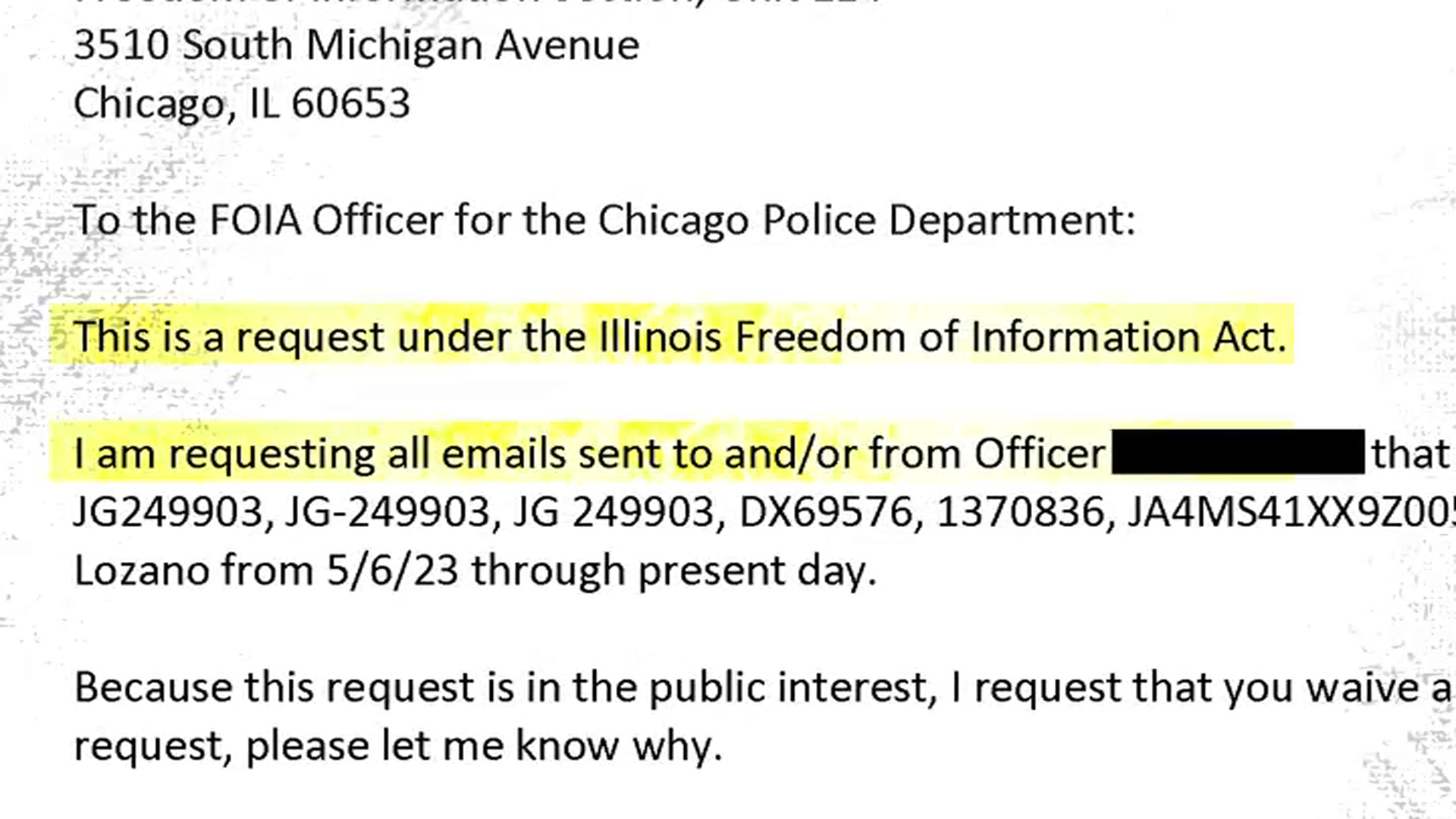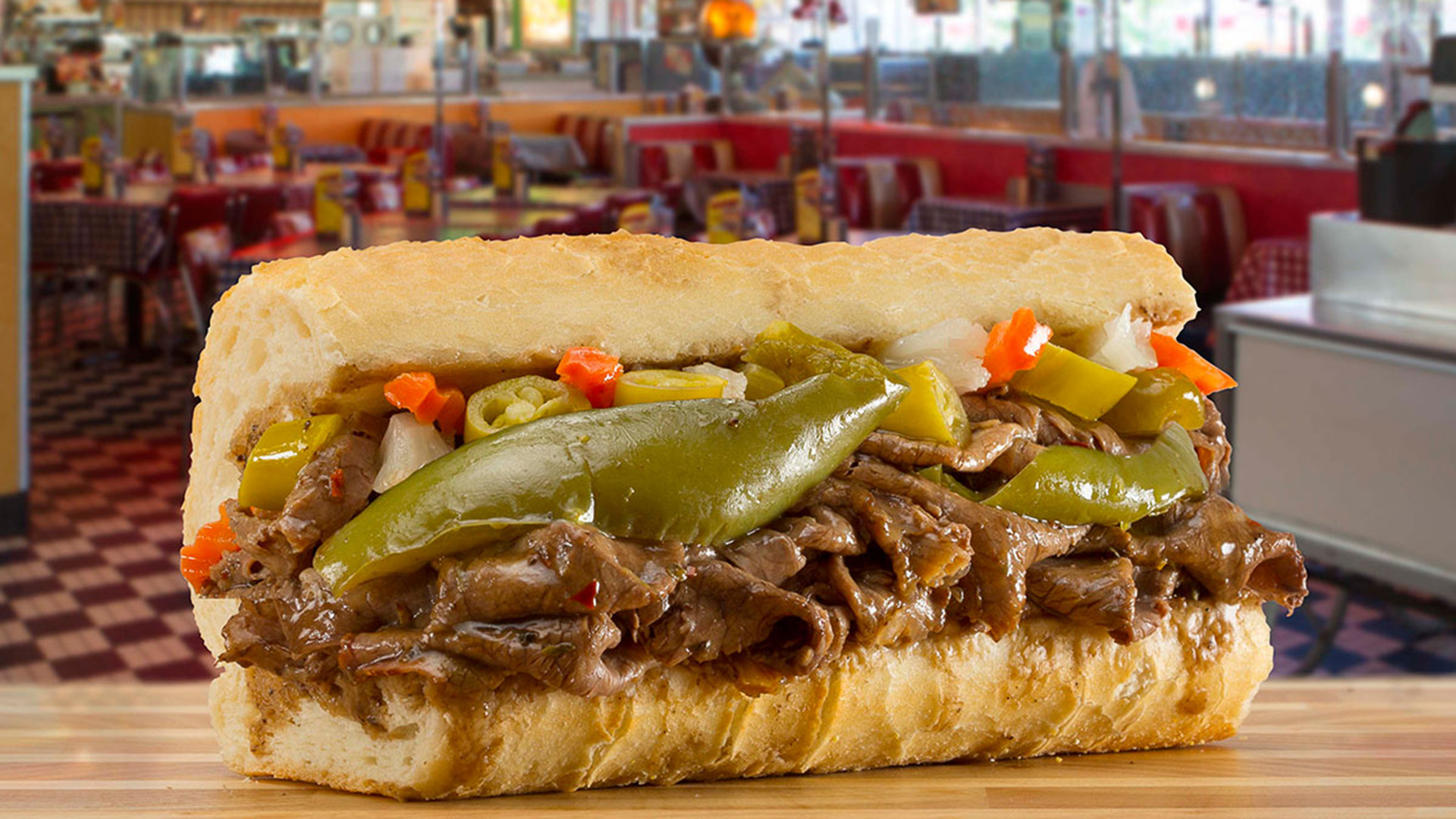They are aviation’s first responders. A cross-section of the safety and service industries, flight attendants literally put the friendly in "friendly skies."
Four Chicago-based flight attendants who work for the nation’s low-cost carriers sat down with NBC 5 Investigates to share secrets of their trade – from the most annoying passenger habits to how they get couples getting a bit too intimate in-flight to knock it off.
#1 Not paying attention during safety announcements? Yes, they can see you.
The number of passengers who listen during the pre-takeoff safety announcements is so rare that flight attendants are pleasantly surprised when they do have someone’s attention.
"I actually point out passengers with their safety cards out, intently watching and staring at me the whole time, when I’m going through my safety checks," said flight attendant Erica Levy. “I’ll actually make a comment to them because it’s so few and far between that you see anyone paying that much attention."
They admit that frequent fliers know how to buckle a safety belt and where emergency exits are, so tuning out is understandable.
"But I have found passengers pay more attention to the life vest demonstrations than anything else," Levy said.
Local
Flight attendants credit that, in part, to the "Miracle on the Hudson." The 2009 landing of US Airways Flight 1549 in the Hudson River occurred recently enough to be on some passengers’ minds, they said.
#2 The most annoying passenger habits
Their jobs are to make passengers comfortable in-flight, but flights attendants said some customers push it.
"For me, it’s no shoes in the lavatory or feet on the tray tables," said Andrea Watt.
The rude passenger is just as bad, they said.
"Having the earbuds or noise cancelling headphones in when we’re trying to address a passenger," Susannah Carr said. "You’ll see us talking to you. We’ve made eye contact. We’ll say multiple times, 'can we get you something to drink?' It’ll take until the third time before they take the headset out or the earbuds out and they’ll say, 'what did you say?'"
#3 How they deal with inappropriate behavior by passengers
Another annoying passenger habit is when fliers forget where they are – an aircraft.
"Recently, I had a couple come on board, and it was definitely not as full a flight as it usually is," said Elena Sabat. "We noticed they were getting hot and heavy and more intimate. I walked by and had fellow flight attendants walk by."
Sabat said the lights on the aircraft were dim.
"I thought this can’t happen, so I turned on the lights, almost to full bright just to say you need to stop that," Sabat said. "We weren’t trying to embarrass them, but we were trying to make sure that wasn’t occurring because it goes to safety. If there’s a child near you seeing that, that’s obviously not something a child should be exposed to."
Sometimes, passengers become inappropriate with the flight attendants.
"I’m respectful but blunt," said Watt. "Thanks, but no thanks."
They said some customers will often get handsy, beyond what’s needed to get a flight attendant’s attention. Often, passengers will try to ask for dates.
"I’ll say, 'No, I’m sorry. I have plans with my crew after this. I can’t go out with you,'" Sabat said. "'Or I don’t feel comfortable doing that, but have a great day!'"
#4 Strangest furry passenger on board
Airlines recently cracked down on what constitutes an "emotional support animal," after reports showed some passengers were obtaining false credentials to bring a pet onboard.
"I have seen a miniature horse!" said Watt.
Flight attendants said legitimate emotional support animals are welcomed and encouraged for passengers with psychological disabilities.
"We love our pets, but they should not be free roaming the cabin," said Carr. "They’re not comfortable. And as a result, bad things can happen. It can snap at a passenger or at us."
#5 The fear of going viral
Nowadays, nearly all passengers have cameras in their hands, and that has led to viral videos of confrontations between passengers and between passengers and crew members.
The flight attendants said the increased stress associated with flying – longer lines, fuller flights – has added to the tension.
"It’s concerning because if something were to happen on board the aircraft, it’s always on the back of your mind. 'Are you going to go viral in a misrepresented way?'" Levy said.
They said having phones and cameras also make it difficult for flight attendants to de-escalate a situation if a confrontation arises.
"We’ve been fighting on Capitol Hill to keep cell phone calls off planes. This is for security. This is a very close environment, and if you’ve got someone talking loudly on the phone for FaceTiming, it’s very intrusive to passengers around you," Carr said.
#6 Service is only part of their job
Yes, flight attendants are there to take your drink order and collect garbage, but that only scratches the surface of their job duties.
"We’re primarily there for the safety of each individual," said Watt.
Depending on the airline, flight attendants receive annual training for weeks at a time on everything from how to put out a fire, handle a security breach, address a medical emergency, etc.
"If I see you’re blue in the face and you’re not as responsive but still there, we are trained to identify that and know what to do medically,” Sabat said.
They also often play the role of therapist or listener.
"Some people are traveling for weddings. Some are sadly traveling for funerals. We have military members who are being deployed," Carr said. "If we see someone distressed or someone who comes back to talk, we take the time to hear their stories and offer support."
#7 Should you tip?
While some passengers might want to express their gratitude for the free upgrade or extra beverage, tipping is a no-no.
"We don’t encourage tipping. That devalues us. You don’t tip your doctor or EMT. We are safety professionals. We are there for safety," said Carr.
#8 Heels are still mandatory for female flight attendants
Gone are the days of the "Age of Glamour" where flight attendants had a long list of requirements: age, weight, female, unmarried. Not to mention the uniforms that often left little to the imagination.
But flight attendants are still required to wear at least a half-inch heel.
The flight attendants said the reason is to maintain a level of professionalism in their attire, though they admit many will bring a change of shoes to travel through airports and terminals.
#9 Best part of the job
Flying comes with perks. All the flight attendants said their jobs allowed them to travel to places they never thought possible – while getting paid to do it!
"I’ve been to Rome, Paris, Australia. I’ve climbed the Great Wall of China. I’ve been to Hawaii more times than I can count, and these are things people only dream of," Levy said.
The unpredictability of travel also keeps them on their toes.
"You might be called out to fly to Honolulu and then get to the airport and they say, 'Oh, sorry. Your flight is cancelled and now we’re sending you to Seattle,'" Levy said.
Flight attendants always come packed and prepared for every climate and for extra days.
#10 Remember: if you’re delayed, they’re delayed too
Flight attendants say the winter months can be especially harsh for travel, especially in Chicago and the Midwest, with frequent delays and cancellations.
They remind passengers that the frustration that comes with delays affects them too.
"Sometimes, they don’t realize that we’re just as exhausted as they are. When we’re coming aboard the aircraft, yes we’ve been through TSA, yes we were up early too," Sabat said.
So please pack your patience.



